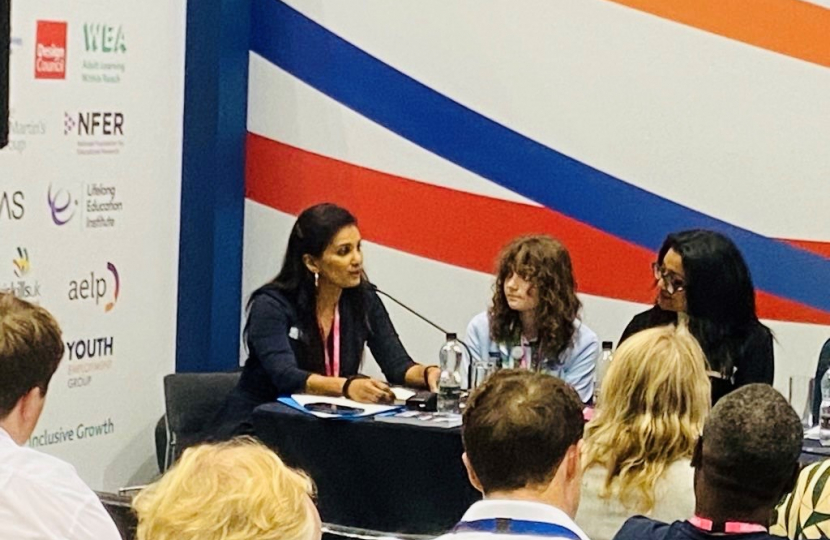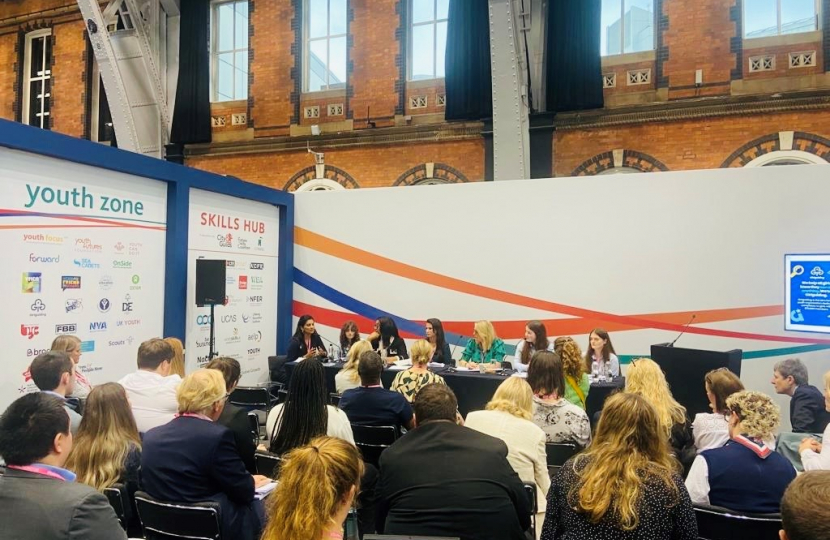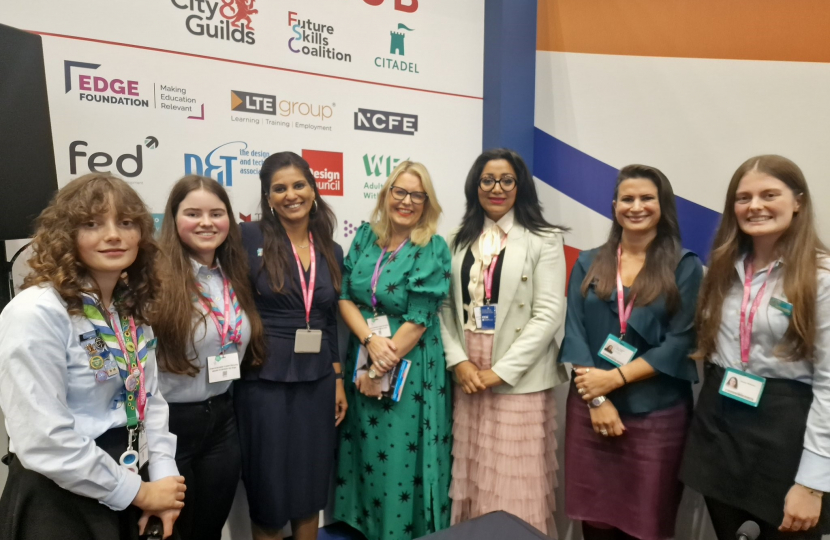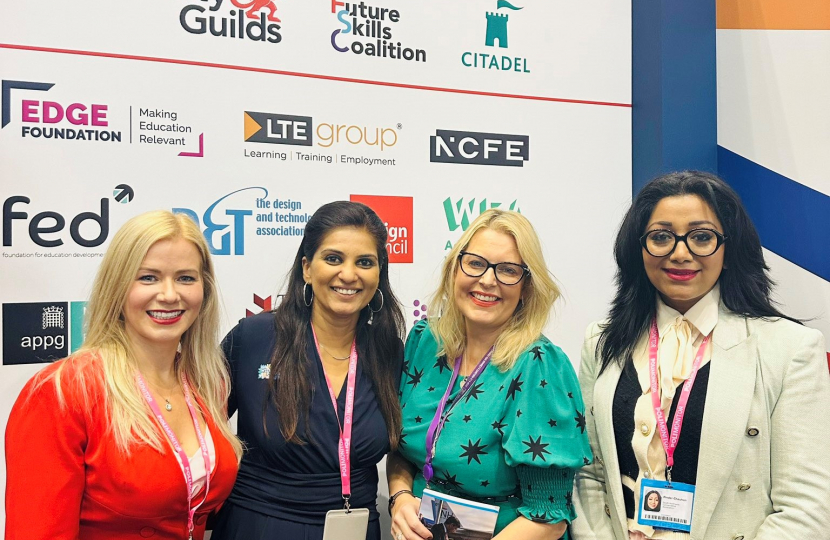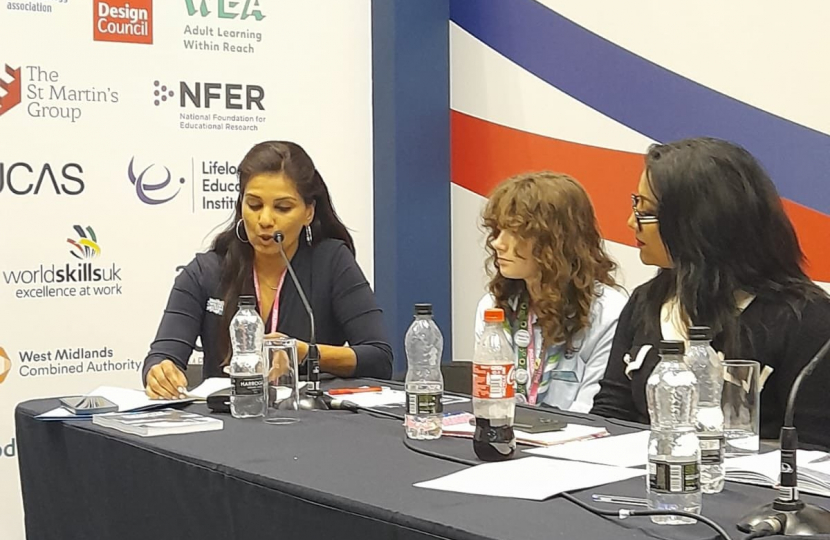Cllr Shazna Muzammil would like to present you the 2023 Girls' Attitudes Survey. Please read all about it here. (girlguiding.org.uk) girls-attitudes-summary.pdf
Girlguiding has been surveying girls and young women since 2009 to better understand their ideas and experiences, ranging from stereotypes and goals to safety and well-being. The Girls' Attitudes Survey, now in its 15th year, examines how girls' lives have changed over the last decade and a half.
Fewer girls say they’re very happy, and more feel anxious
Compared to 78% in 2016, 89% of girls and young women aged 7-21 are generally worried or anxious.
Fewer girls are happy with how they look
62% of girls and young women aged 7-21 had been criticised or had negative comments made about their appearance, up from 49% in 2016.
More girls are facing negative online behaviours.
81% of girls and young women aged 11 to 21 have experienced threatening or unpleasant behaviour online, up from 65% in 2018.
More girls feel part of their local community
35% of girls and young women aged 7 to 21 say they feel a part of their community, up from 29% in 2011.
Girls' aspirations have shifted, yet they remain concerned about their futures.
48% of girls and young women aged 11 to 16 believe it will be more difficult for them to find work when they leave school than it was for young people. five years ago
While there have been some gains, the statistics demonstrate that many elements of the lives of girls and young women have deteriorated. The findings also provide a sobering glimpse into the pressures and experiences that today's girls and young women endure, such as harassment and beauty pressures, and the harmful impact that has on their life. The findings also demonstrate the necessary changes to increase their possibilities and help them live safe and happy lives.
Personal Journey
Cllr Shazna Muzammil was happy to be part of the Girl Guiding panel at the Conservative party conference on the 1st of October with Mims Davies MP, Cllr Pinder Chauhan, Dr. Sophie King-Hill and girl guiding advocates. Cllr Shaz shared a bit about my own journey, which started in Sri Lanka during a time of armed conflict, where suicide bombings and curfews were the norm. Shaz was the only girl in a family of four brothers in a strict patriarchal society. Her father, who was fair-minded, ensured that she had the same opportunities as my siblings. However societal norms imposed limits, especially when it came to higher education. Shaz watched her brothers go to universities abroad while she was married off at a young age to someone she barely knew, becoming a mother of two boys, believing she was doing the right thing for her family.
In addition to the cultural and societal constraints, there was the war. Shaz remembers a truck bomb going off next to my school, physically throwing her backwards even before she heard the deafening blast. Nothing was certain, no plans were made, and no futures were envisioned.
Despite these challenges, Shaz excelled academically. Education, however, was not a priority for girls in my community. Only after her battle with divorce could she restart her education. Shaz eventually completed her MBA, built a successful career, and raised her two sons on her own. She ran political campaigns, successfully lobbied for 25% female representation in local government, and started working in villages to promote girls' education, for which she recently received a global award. All the while fighting misogyny, harassment, and persecution.
When Shaz moved to the UK, she encountered a new set of challenges. Even with her Master's degree, she struggled to find a job and had to start at the very bottom of the ladder at the Open University. It shattered her confidence at the time.
Today, Shaz is an elected councillor, a prospective parliametary candidate, and a volunteer in various roles, from being a vaccinator to mentoring and providing support to young people in custody.
The Girls' Attitude Survey
This survey raises crucial questions and shines a spotlight on the concerns that affect young girls today. My story, though unique, shares a common thread with the struggles many girls face. It underscores the importance of organisations like Girlguiding and initiatives like the Girls' Attitude Survey.
The survey reveals a stark reality: many young girls grapple with hardships that impact their mental health and overall development. It speaks to the challenges that girls from diverse backgrounds and circumstances face as they navigate life.
Government Initiatives Supporting Women and Girls
Fortunately, governmental policies in the UK are evolving to address these concerns. Several key milestones have been achieved in recent years:
- Tackling Violence Against Women and Girls Strategy: This strategy criminalises stalking, strangulation, revenge porn, and child marriage.
- Online Safety Bill: Designed to combat technology-driven crimes like stalking and cyber harassment, it offers protection in the digital realm.
- Domestic Abuse Act: This landmark legislation strengthens protections for victims, including ending the "rough sex gone wrong" defence.
- Protection from Sex-based Harassment in Public Bill: Recently enacted, this law makes it an offence to intentionally harass someone in public based on their sex.
Breaking the Silence
A study found that a staggering 71% of women in the UK have experienced sexual harassment in public spaces, yet only 5% of incidents were reported to the police. Encouraging victims to report these incidents is crucial, as it helps combat impunity. The Home Office's StreetSafe tool provides an avenue for anonymous reporting, ensuring safety even in the darkest moments.
Empowering Through Education
Education plays a vital role in creating lasting change. By educating ourselves on the law and spreading awareness, we empower individuals and communities to stand against harassment and discrimination.
Conclusion
In conclusion, we have made significant progress, but our journey toward gender equality and the well-being of girls is far from over. Meaningful change requires the dedication of individuals, communities, and organisations like Girlguiding. We must continue to work together and continue to amplify our voices, for only by doing so can we hope to transform our challenges into triumphs.




